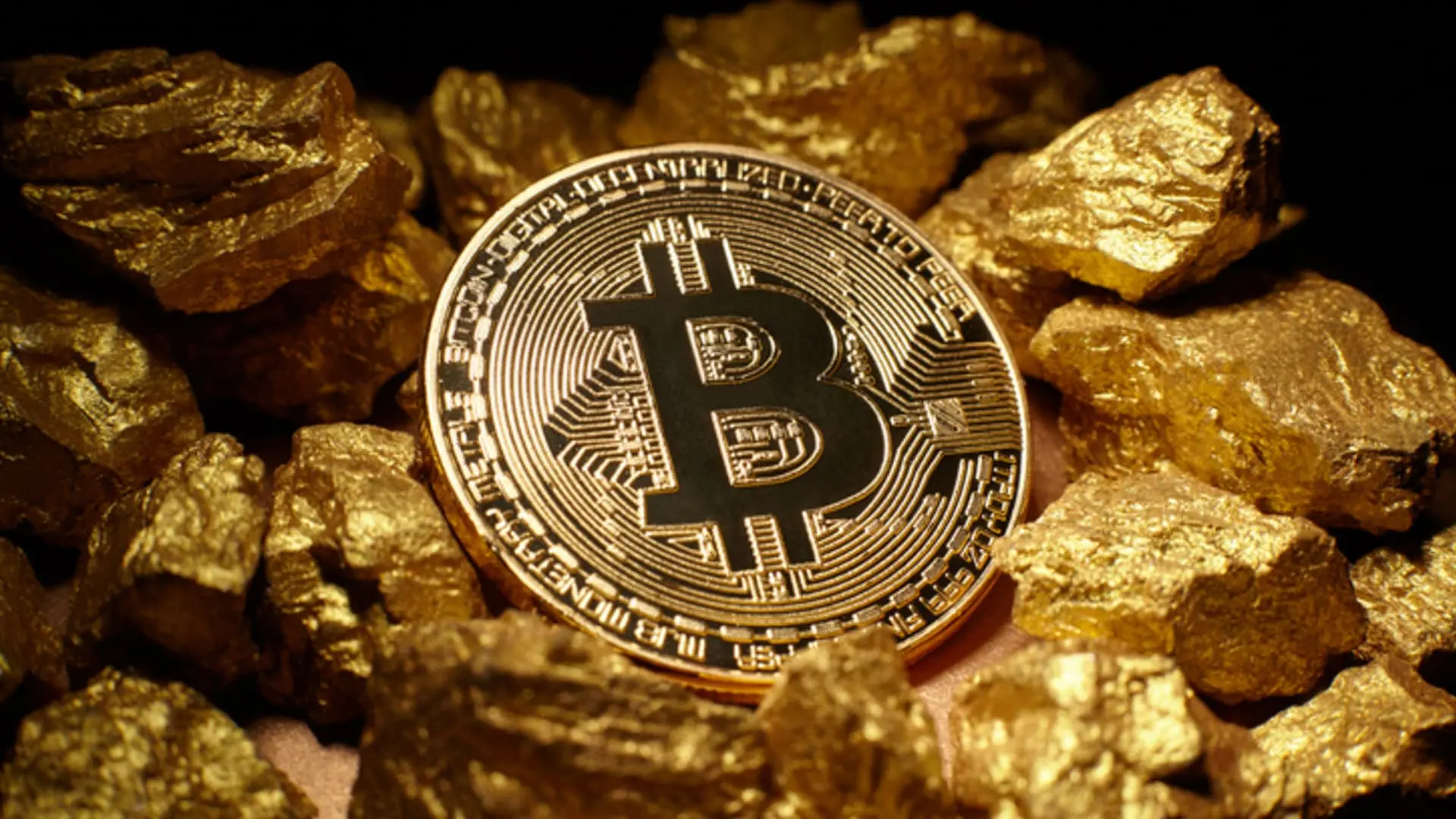High-net-worth individuals across Asia are swiftly repositioning their wealth, significantly pivoting away from US dollar-denominated assets. The shift drives fresh demand for Bitcoin, gold, and selected Asian markets, reflecting growing concern over global volatility and changing investment priorities.
UBS, Morgan Stanley and other large private banks confirm this trend. Many wealthy clients are moving their money to assets that are both defensive and can help achieve growth. Amy Lo, co-head of UBS’s Asia wealth management, says investors are paying closer attention to gold and crypto as long-term investments.
Interest in United States-listed Bitcoin exchange-traded funds is growing. These ETFs now control assets worth over $120 billion, and BlackRock’s iShares Bitcoin Trust is responsible for over $65 billion of that. Analysts from Galaxy Digital believe the increased interest in Bitcoin reflects its position as “digital gold.”
Additionally, stablecoins handled $27 trillion worth of transactions last year, much higher than Visa and Mastercard’s combined yearly transactions. Some analysts describe this increase in digital assets as the “Uncertainty Paradox,” as people use them to shield their investments from unstable markets.
Also Read: XRP is the Final Product – Expert Reacts to MicroStrategy’s New Bitcoin Lawsuit
Hong Kong Leads with Crypto ETFs and Web3 Expansion
With clear regulatory moves, Hong Kong has positioned itself at the forefront of the shift. Since 2020, the Securities and Futures Commission has licensed ten virtual asset trading platforms. In a global first, it approved spot Bitcoin and Ethereum ETFs in April 2023.
Afterward, a new stablecoin law was passed, setting clear guidelines for reserves and how people could redeem the coins. A roadmap providing 12 support points has been released for the more expansive crypto space. These operations require licenses for trading in the OTC market, managing digital assets and insurance, and protecting investors.
Paul Chan Mo-po, the Financial Secretary, said the government is seeking to address financial risk and support innovation. At present, active pilot programs are conducting transactions for e-HKD, tokenized green bonds, and trade finance on blockchain.
According to a recent Bank of America survey, fund managers have lower exposure to the US dollar than in the last twenty years. After a pause in tariffs between the US and China in May, capital has started entering Chinese markets again. The last four months have seen the Hong Kong main index grow more this year than in any other period.
Wealthy investors across Asia are swiftly limiting their exposure to the dollar. As worldwide investments shift, Bitcoin and gold are becoming important safe places to store wealth.
Also Read: Inside the Listing Game: How Tokens Win a Spot on Leading Exchanges
